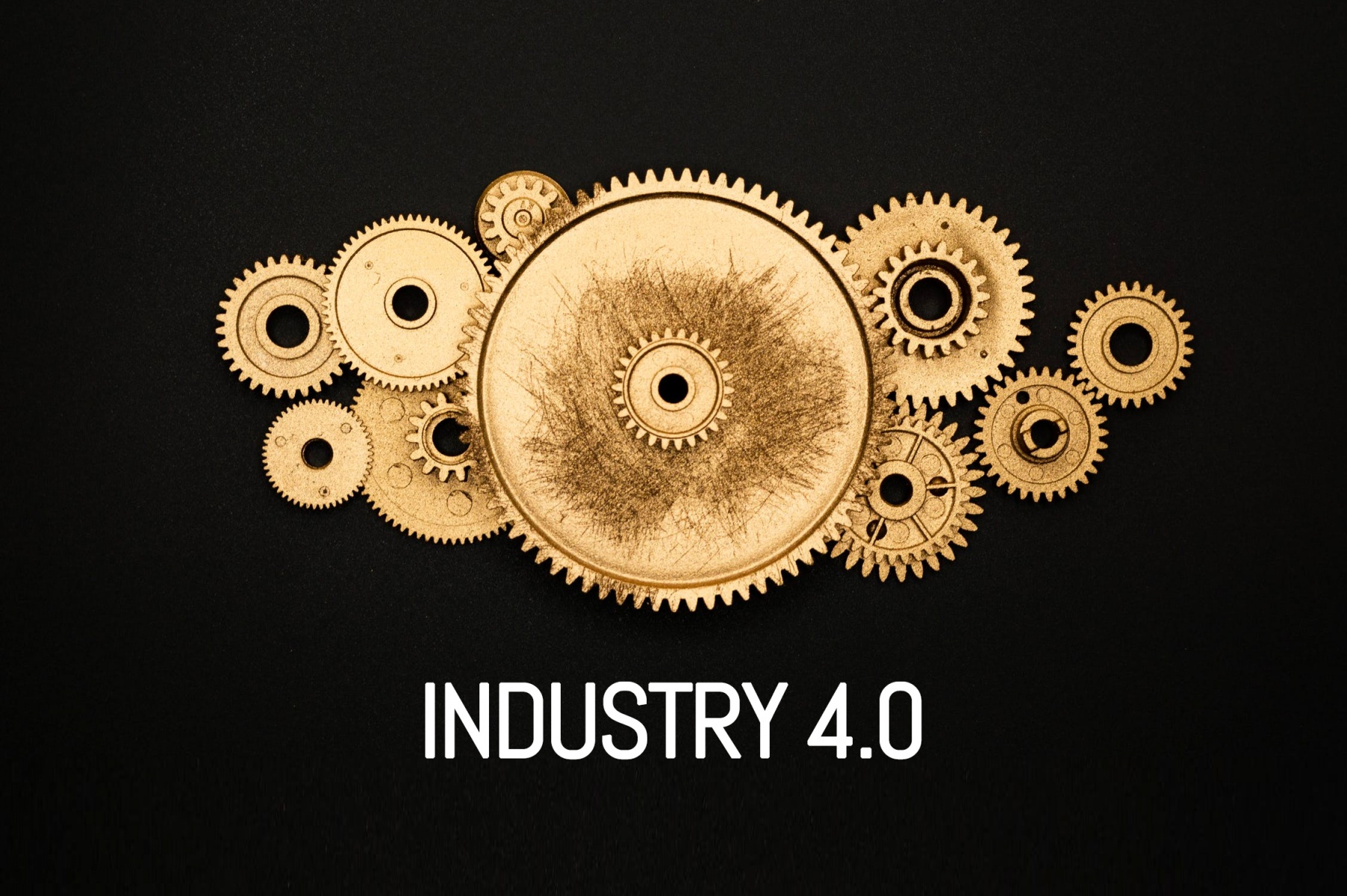Industry 4.0: things to know before you buy a new machine
written August 13 2021

The term Indusrtry 4.0 is nowadays part of che common language. The so named “fourth industrial revolution”, the complex group of technologies useful to the digitalization of productive processes, is already underway, although slowly and full of obstacles. Many hears passed from september 21st 2016, when in Italy was presented the National Plan of Industry 4.0, late than in other european countries. From then, the spread of 4.0 digital technologies in companies grew up and in 2020/2021, even though the pandemic, this revolution did not stop. Manufacturing companies, between the end of 2020 and the beginning of 2021, have continued to invest in digital technologies to support more efficient processes, new products and innovative business models.
Most of the companies in the printing and packaging industries took advantage of incentives to kick off this transformation. Nonetheless, it’s important to highlight that the innovation 4.0 is not only the introduction of the latest high-tech machine, but especially knowing how to combine different technologies and integrate them in the productive chain making them a whole integrated interconnected system in which people, machine and computer systems works together to achieve new products, services and smarter workplaces.
In this context the exchange of information has a major role. An infrastructure of reliable communication, safe stable and powerful, is an important requirement to reach these goals. With the term “information” we mean data, input or output, necessary to lead the right execution of a process. So, it’s very important to gain the knowledge of the communication protocols of the machines we would like to buy. Choosing a wrong protocol could endanger the safety of the company data.
Among the standard protocols, which we can define the best from our experienced point of view, we could list the following:
- OPC UA (Unified Architecture) is a standard protocol that makes easier the exchange of data from programmable logic controllers (PLC), human-machine interfaces (HMI), servers, clients and other equipment, with the purpose of interconnect systems and support the traffic of informations.
- Web API (Web Application Programming Interface), a group of functions that allows to interconnect data, applications and devices to support the communication and collaboration between each technology in the company and its buildings. The advantages of Web APIs: queries through HTTP / HTTPS, formatted JSON answers with the requested data, simplification of the interconnection with company management systems.
- JDF/JMF - Job Definition Format is an open standard based on XML. It allows to automate the printing production process through data transfer between different applications. Making easier the exchange of data, JDF makes faster and more efficnent the digital production, simplifying the transmission of the product data. Job Messaging Format is the communication protocol used in the JDF workflow. JMF messages include informations about events (start, interruption, error), status (available, offline, and so on), and results (calculations, scraps, and so on).
- MODBUS TCP protocol is the older one compared to the others, but it’s still a valid option. It is used to build a communication from client to server. The only requirement is that the nodes must be in the same field of the IP address.
To implement these standard protocols it is necessary more time and more effort, but they’re absolutely solid and way more safe. Communication between different technologies happens in real time, differently from other protocols that shows result only in the end of the job.
Another communication system which we can define an halfway is the file sharing by shared folders. It can suit well in case standard protocols are not supported. File sharing, however, could meet some problems tied to the interconnection between different dfevices with different operating systems.
The machinery which use obsolete protocols and operating systems (not supported anymore) could cause serious problems of communication and safety.
So, when you’re going to buy a new machine to link to indistry 4.0 you must ask for:
- Which is the operating systems installed on it
- Which is the utilized communication protocol
You can also consider buying machine which uses there protocols:
- OPC UA
WEB API
JDF/JMF
MODBUS TCP IP
You could also buy machine which have:
- File sharing on shared folders
To avoid:
- Machines with obsolete operating systems (like Windows XP)
- Communication protocols which differs from the ones listed above or that does not follows the standars.